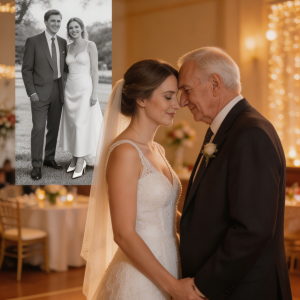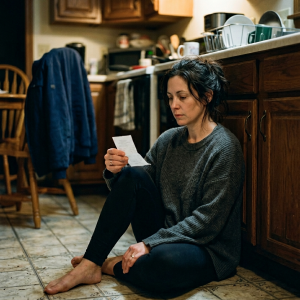What becomes of the soul when the body is reduced to ashes? This profound question has echoed across centuries, cultures, and spiritual traditions. Though cremation is a physical act, its metaphysical implications vary significantly across the globe. From sacred rituals to evolving theological interpretations, different communities offer unique perspectives on whether the soul is touched by the flames—or set free by them.
Hinduism: Fire as the Pathway to Liberation
In Hinduism, cremation is not only embraced—it is seen as essential for the soul’s onward journey. Central to Hindu philosophy is the idea that the soul, or Atman, is immortal and continuously reincarnates through the cycle of samsara. Cremation serves as a sacred release, breaking the soul’s attachment to the physical body. Fire, revered as a purifying force, symbolizes transformation and spiritual ascension, helping the soul inch closer to moksha—liberation from the cycle of rebirth.
Christianity: Shifting Views Through Time
Once firmly rooted in burial traditions, Christianity’s stance on cremation has evolved considerably over time.
Roman Catholicism:
The Catholic Church formally lifted its ban on cremation in 1963. While burial remains preferred, cremation is now permitted, provided it isn’t chosen as a rejection of resurrection beliefs. Ashes must be kept in a sacred space—never scattered or stored at home—as a sign of reverence for the body and faith in eternal life.
Protestantism:
Many Protestant denominations have adopted a more open stance. The focus is on one’s relationship with God and the soul’s salvation rather than what happens to the physical body. Cremation, in this view, has no spiritual consequence.
Islam: A Sacred Duty to Protect the Body
In Islam, cremation is strictly forbidden. The body is regarded as a divine trust and must be handled with care, dignity, and speed. Islamic rites include ritual washing, shrouding, prayer, and burial—often on the same day as death. Cremation is seen not only as a desecration but as a disruption to the soul’s peaceful passage to the afterlife.
Buddhism: Letting Go of the Physical
Buddhism teaches that attachment causes suffering—and this belief extends to the body. Cremation is widely practiced and seen as a fitting tribute to impermanence. Since the soul is not tied to the body, releasing the remains through fire simply aligns with the natural process of rebirth and the continuation of consciousness.
Other Belief Systems: A Mosaic of Meaning
Bahá’í Faith:
Cremation is prohibited. The dead must be buried with respect, ideally no more than an hour’s journey from the place of death, in accordance with divine law.
Wicca:
Wiccans generally see the body as a vessel for the spirit. Cremation is welcomed by many as a symbolic return to the elements—earth, air, fire, and water.
Zoroastrianism:
Traditionally, Zoroastrians placed bodies in Towers of Silence to avoid contaminating sacred earth and fire. Today, some adherents turn to cremation for practical reasons, though it remains controversial within the faith.
Modern Spirituality and Personal Beliefs
Outside of organized religion, many people now hold personal philosophies about the soul. Some believe the soul transcends the physical body and is unaffected by what happens after death. Others feel that rituals like cremation offer a sense of closure and honor the deceased’s memory, helping both the living and the spirit find peace.
In contemporary spiritual thought, it’s often emphasized that the soul’s journey is guided more by the individual’s life choices, values, and intentions than by how their body is treated in death.
Conclusion: One Journey, Many Roads
Cremation’s spiritual impact is interpreted differently around the world. While some religions prescribe strict practices, others leave room for personal interpretation. Across all perspectives, one common thread remains: a profound reverence for the mystery of life, death, and what may lie beyond.
Whether you view cremation as a sacred rite, a neutral choice, or a personal preference, the decision often reflects a deeply held belief about what it means to honor both the body and the soul.





